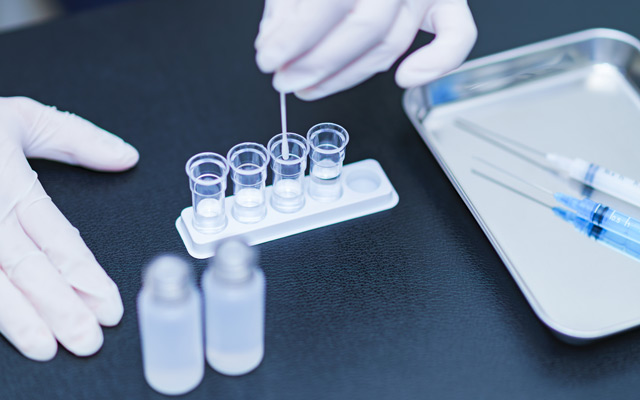EADV Congress 2024
Session type: Updates
Room: 3.1
Date: Wednesday, 25 Sep, 16:40 – 17:00 CEST
Part of Session: Psoriasis


Prof. Jo LW Lambert
(Ghent, Belgium)
The current psoriasis therapeutic armamentarium is enriched by biologics targeting tumor-necrosis factor (TNF)-α, interleukin (IL)-17 and IL-23. Although high efficacy has been reported in phase III trials for these biologics, physicians encounter substantial variability in response in clinical practice. On one hand, a subset of patients experiences primary non-response or secondary loss-of-response to biologics, while on the other hand, dose reduction can be suggested in patients with (nearly) complete skin clearance. These suboptimal therapeutic outcomes have urged clinicians to explore empirical dose optimization, either by adjusting the dose or by altering the administration intervals. Tightly controlled dose reduction of the first-generation biologics has proven successful for more efficient and cost-effective use of these drugs, and we are currently investigating this paradigm for the newer biologics in psoriasis.
Therapeutic drug monitoring of biologics (TDM) —encompassing the measurement of (trough) concentrations and anti-drug antibodies—is emerging as a valuable tool to guide clinical decision making. Its relevance is driven by the presence of an exposure-response relationship. Previous research demonstrated an exposure-response relationship for adalimumab, one of the first biologics approved for the treatment of psoriasis. The exposure-response relationships of the newer biologics in psoriasis have been recently identified.





